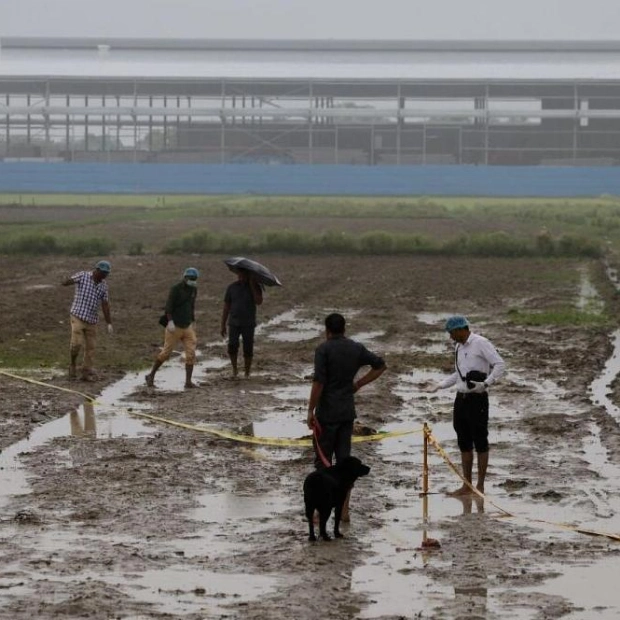The hospitality sector, encompassing hotels and restaurants, is a dynamic and rapidly evolving industry. In Dubai, a city renowned as a global center for tourism, commerce, and luxury, the hospitality sector continues to flourish. The recent Dubai Gastronomy Industry Report, published by the Dubai Department of Economy and Tourism (DET), highlighted that residents dine out nearly three times a week. This trend is exemplified by the Dubai Mall, which now sees a constant influx of visitors daily, unlike the past when it was predominantly busy on weekends. While consumers relish dining out, shopping, and hotel stays, the industry's success is also attributed to the hardworking employees who ensure top-notch experiences. However, the industry poses significant challenges to employee well-being and mental health, including irregular work hours and high-pressure situations. Addressing these issues is vital for enhancing employee satisfaction and business performance.
Irregular work schedules, often involving long hours, night shifts, weekends, and holidays, disrupt sleep patterns and personal life, leading to fatigue and burnout. The hospitality industry's volatility, influenced by economic fluctuations and seasonal variations, further complicates job security. To mitigate these challenges, employers must prioritize employee well-being through flexible scheduling and mental health support. RMAL Hospitality, part of the Al Fahim Group, has taken proactive measures, including implementing a five-day workweek and offering mental health workshops. These initiatives aim to foster a balanced work-life environment, enhancing employee engagement and productivity.
Maintaining a healthy work-life balance is crucial across all industries. RMAL Hospitality's CEO, Elias Madbak, emphasizes the importance of employee well-being, noting the implementation of various programs to boost team morale and engagement. Similarly, Peninsula Hospitality Group provides mental health training to support its workforce. By promoting flexible schedules, open communication, and wellness programs, these organizations aim to create a supportive workplace culture that values employee well-being. Such efforts not only improve morale and reduce burnout but also enhance overall productivity and customer service, leading to business success.
The traditional image of the hospitality industry involves long hours and high-stress environments. However, industry leaders are now recognizing the importance of employee well-being initiatives, despite potential concerns about reduced productivity. These initiatives contribute to a healthier, more resilient workforce, benefiting both employees and the business. Elias Madbak concludes that a strong, healthy culture, where employees feel valued and engaged, has profound and far-reaching impacts on talent management, innovation, and financial performance. Ultimately, prioritizing employee well-being is not just beneficial but also the right approach.






